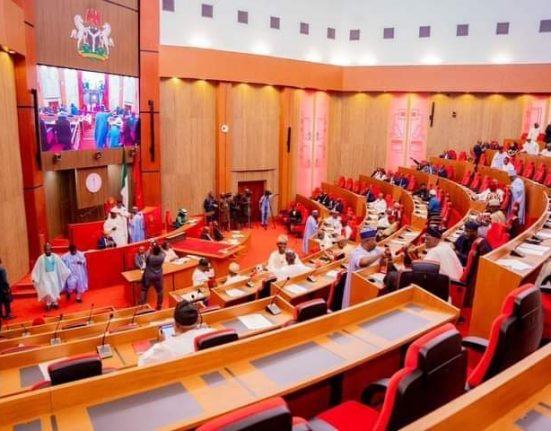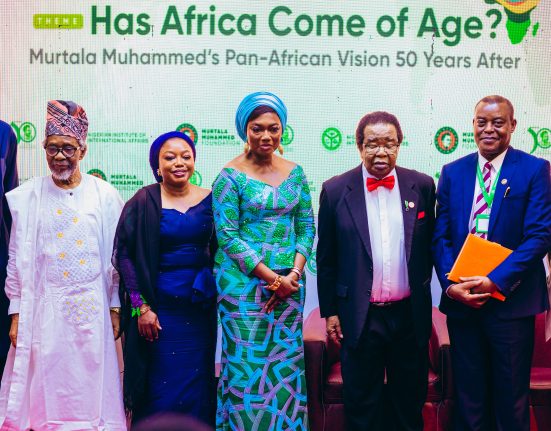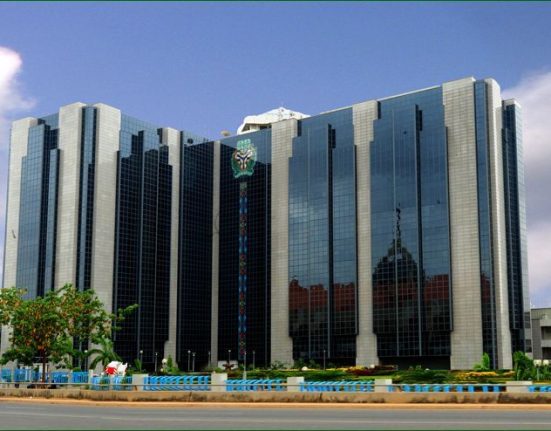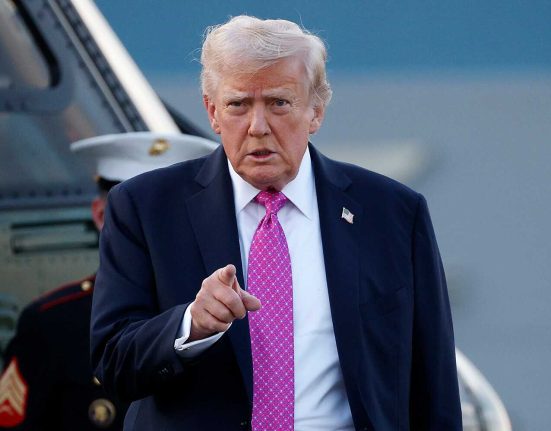The Federal Government of Nigeria is in advanced negotiations with the World Bank to secure an additional $65 million for the Sustainable Procurement, Environmental, and Social Standards Enhancement (SPESSE) project. If approved, the new financing will raise the total project funding to $145 million. According to official documents obtained from the World Bank, the funding is expected to be finalized by June 30, 2025.
The SPESSE project was initially approved in February 2020 with an $80 million facility aimed at strengthening Nigeria’s procurement processes while enhancing compliance with environmental and social standards across the public and private sectors. Since the project became effective in March 2021, it has trained over 33,000 individuals in procurement and environmental and social (E&S) practices, playing a critical role in building institutional capacity and reducing inefficiencies.
With the additional funding, the project will scale up its activities by establishing an electronic government procurement (e-GP) system, which is expected to significantly improve transparency, reduce procurement delays, and ensure the more efficient use of public funds. The e-GP system will also encourage inclusive procurement practices by supporting small and medium-sized enterprises (SMEs), especially women-led businesses, to participate in government procurement processes.
Beyond digital procurement, the additional $65 million will be used to strengthen Nigeria’s environmental and social safeguards and expand the certification programs aimed at producing a new generation of procurement professionals. A recent survey conducted under the project revealed that over 25,000 public officials still require formal training in procurement and social standards, underscoring the urgent need for capacity building in the public sector.
While the parent credit for the SPESSE project will close on June 30, 2026, the proposed additional financing will extend until June 30, 2029. This extension will allow the project to meet growing demand and institutionalize procurement reforms across all levels of government.
However, the increased borrowing comes amid rising national debt. Data from Nigeria’s Debt Management Office shows that the country’s total debt to the World Bank rose by $2.36 billion in 2024, bringing total obligations to $17.81 billion. This figure represents 38.9 percent of Nigeria’s total external debt of $45.78 billion as of December 2024. Within the multilateral debt category, the World Bank now accounts for nearly 80 percent, raising questions about long-term debt sustainability.
Despite the rising debt burden, development experts argue that if the SPESSE project is effectively implemented, the long-term benefits, such as reduced corruption, greater efficiency in public spending, and a more professional public service, could outweigh the cost of borrowing. The World Bank has maintained that the additional financing will retain the original development objective, which is to build sustainable capacity in managing procurement, environment, and social standards.
As Nigeria navigates fiscal pressures, inflation, and a widening poverty gap, efficient and transparent management of public funds has become more urgent. Stakeholders across both the development and public finance sectors will closely watch the outcome of the loan negotiations and subsequent project implementation.








